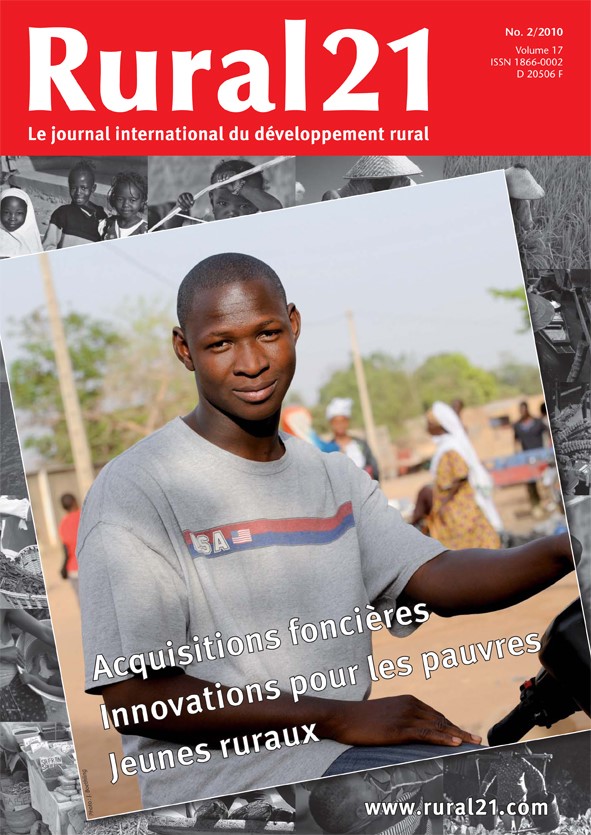Water harvesting for home food security
Poverty in rural households have deepened in the past two years through world events: unprecedented rises in food and fuel prices were followed by global economic meltdown, all amidst growing climate uncertainty. Balancing water availability within and across growing seasons, water harvesting helps to buffer households against drought. Research on water harvesting in South Africa has focused on rural household livelihoods. Innovative results on appropriate water harvesting technologies and food security facilitation techniques are now being implemented in villages across South Africa.





